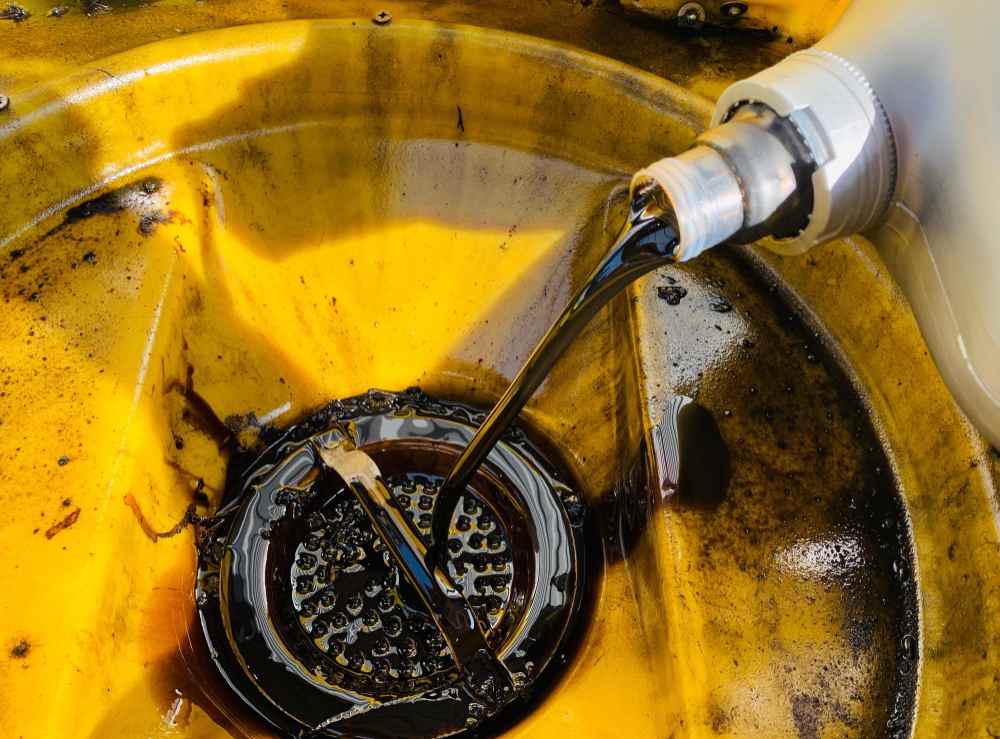Sulphur is a naturally occurring element with no odour or taste and is one of the crucial components of amino acids and proteins that help sustain life on Earth. The presence of sulphur in amino acids and proteins leads to its occurrence in crude oil and its derivatives even after the completion of the refining process.
Sulphur content is present in all fuels derived from crude oil, even after refining of petroleum. However, the sulphur content in diesel negatively impacts the engine components and compromises the air quality after combustion. However, the advanced refining process and changes in fuel standards legislation have reduced sulphur concentration and particulate content in diesel fuels.
Why Determine Sulphur Content in Diesel?
These are the important reasons which make it essential to determine sulphur content in different fuels, such as diesel:
- Sulphur-rich fuels lead to compounds buildup in the engine and deactivate the catalysts utilised in the production process.
- High levels of sulphur can also speed up the corrosion of refining equipment, pipelines, and storage tanks.
Therefore, determining sulphur content in diesel is crucial to avoid such problems and earn high profits with efficient engine performance.

Harmful Impacts of Sulphur
Humans
Low levels of pure sulphur are not harmful for humans and 900mg of sulphur must be present in their everyday regular diet. But it can be harmful when it is present as sulphur dioxide in the engine emissions resulting after fuel combustion. It causes damage to the human respiratory system when inhaled, causing irritation in the respiratory tract and compromising lung functioning. Moreover, it aggravates asthma, bronchitis, and eyes, and skin infections.
Environment
Sulphur produces sulphur dioxide upon burning, which is a catalytic poison and degrades the engine’s emission control system. Moreover, sulphur dioxide also leads to the production of acid rain, acting as an atmospheric pollutant. Acid rain leads to deforestation, acidification of water bodies, causing damage to agricultural crops, and killing of aquatic life.
Strategies for Lowering Sulphur Levels in Diesel
Various techniques have been employed at different times to lower the sulphur levels in diesel. Detergents have been used in engines as additives for reducing the impacts of sulphur as they neutralise the acid by forming an alkaline base for forming protective layers on the internal side of the engine. In this way, the detergents have been used to reduce the wear and tear of the engine. However, this solution provided immediate effects but failed to offer long-term benefits.
USLD (Ultra Low Sulphur Diesel) was also introduced, which contained significantly lower sulphur levels, i.e., 10mg per kilogram. It ultimately reduced the engine’s wear and tear, decreasing sulphuric acid concentration in the emissions. Moreover, the EU (European Union) and the UK (United Kingdom) legislated that there must be strict adherence to the Euro V and BS 2869 (UK) Standards for diesel used in non-road mobile machinery. This legislation helped bring legal sulphur limits in accordance with the ULSD’s standards.

Sulphur Content in Red Diesel
The limit for sulphur content in red diesel varies based on its class. Class A2 is used in off-road vehicles, including trains, tractors, etc and the sulphur content limit is 10ppm (0.0001%) in Class A2. On the other hand, Class D is used in heating boilers, static generators, stationary engines, and seagoing marine vessels and should have a sulphur content limit of 1,000ppm (0.1%).










